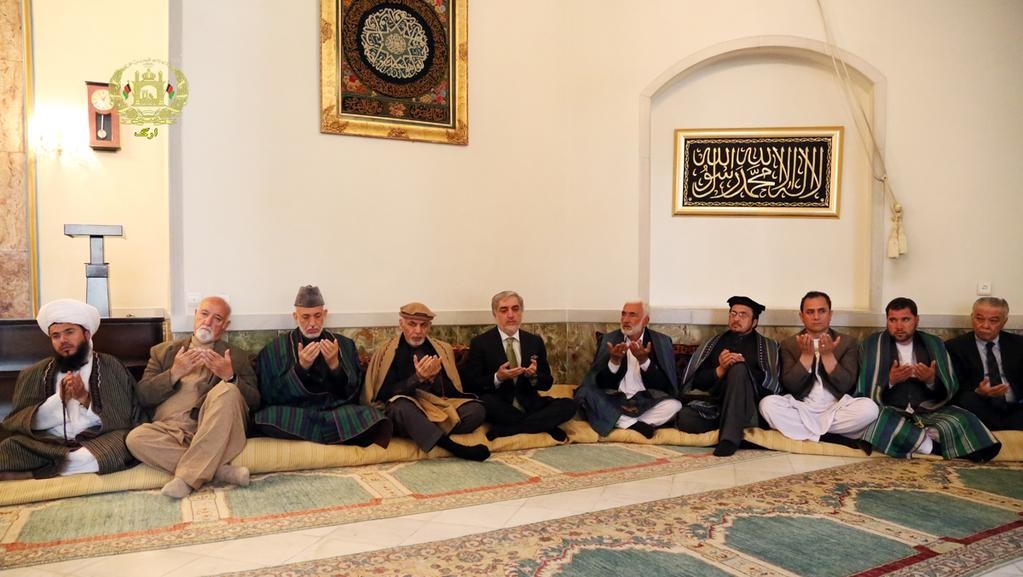Editorial: Ghani-Abdullah face-off
admin
June 11, 2018
Editorial, Latest Updates
133 Views
Ever since the unconventional fusion of Ashraf Ghani and Abdullah Abdullah happened, their government of quasi-unity has run the gauntlet. When both took on the mantle of the government, they have always been surrounding themselves with controversy and dispute. The fragile power-sharing arrangement brokered by the United States has sustained serious blows. The confrontational rhetoric and circumstances surrounding the imprudent politic of both leaders is an offshoot of a widening distance and lessening mutuality and co-operation which have impelled mistrust and exponential public gap.
Either an advertent face-off or an involuntary argumentation resulting from self-perceived fears of loss of power and self-imposed convictions, the politics and choices of the president and the executive chief have been the antitheses of one another. It has always been the president making a contradictory or paradoxical decision and the chief executive opposing it. One example is Ashraf Ghani ousting Minister of Energy and Water Ali Ahmad Uthmani on Saturday and Abdullah reinstating him a few hours later.
The narrow cord of contention which detached strings this time between the duo is the fact that Uthmani had been appointed by Dr. Abdullah as energy and water minister. It runs against Abdullah’s authority to succumb to Ghani’s tomfoolery. It is unwise to sack a minister based on a political difference, specifically in case of Uthmani who finalized an intra-Afghanistan agreement worth $13 million for a mega solar energy project with a capacity of 5.5 megawatts in Daikundi. This sort of unilateralism on crucial diplomatic matters creates a political void which can only be circumvented if a profound understanding is reached to overcome great odds.
The culture of polemics is not new in the government. Abdullah has incessantly accused Ghani of making decisions unilaterally and of failing to consult with him on appointments. Face-offs surfaced before too. In 2016, Abdullah called his governing partner Ghani an unfit person for presidency, perhaps due to a disagreement between the two over election reforms which also happened to be one of the conditions for forming their government. The public falling-out occurs as a peace breakthrough is being envisaged after the Taliban declared three days of cease-fire just days after Ghani offered truce overture to galvanize a stuttering peace process.
With Ghani being accused of nonconformity, Abdullah has been clutching at straw to cling to his share of power in the government of unity. Any unilateral decision-making of the governing partners could risk repetition of another public falling-out and what follows. It is incumbent upon both partners in the government to settle their rifts and co-ordinate their decisions to avoid schism and political bickering.


